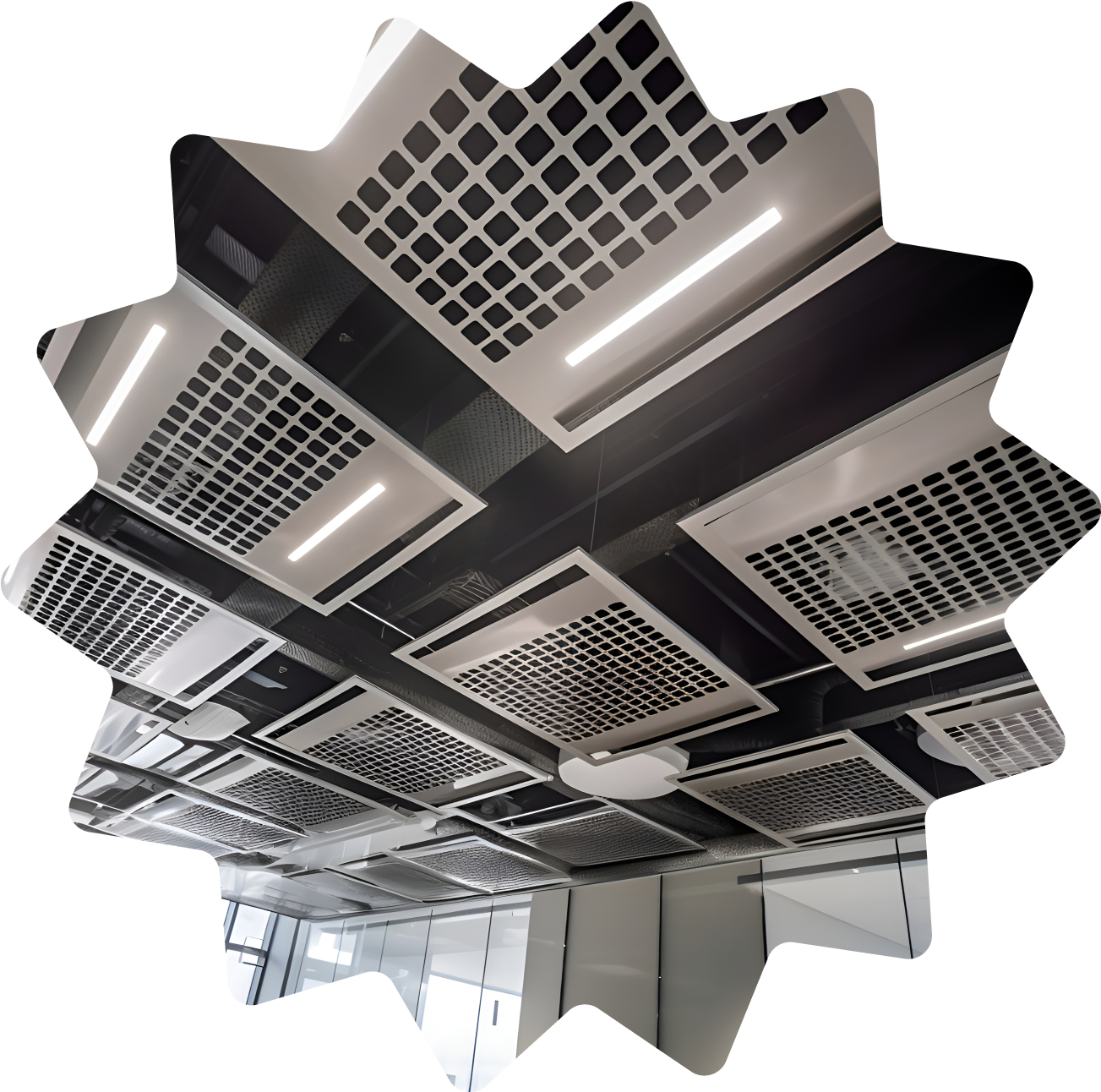
Boiler Replacement in Lititz, PA
Replacing a boiler is one of the most impactful upgrades you can make for home comfort, safety, and long-term energy savings. In Lititz, PA, where cold winters and many older homes with radiator systems are common, a properly sized, high-efficiency boiler reduces fuel costs, improves comfort and reliability, and eliminates the cycle of frequent repairs.
Why Lititz homeowners replace boilers
- Age and reliability: boilers older than 15 to 20 years commonly suffer decreased efficiency, frequent breakdowns, and hard-to-find replacement parts.
- Rising fuel bills: older non-condensing boilers often operate at AFUE ratings below 80 percent. Upgrading can cut fuel use substantially.
- Uneven heating and noise: cold spots, loud expansion noise, or repeated short-cycling indicate system limits or failing components.
- Safety and compliance: cracked heat exchangers, flue leaks, or poor combustion can create safety hazards and require immediate replacement.
- Historic homes and radiators: many Lititz homes have original hydronic distribution that benefits from modern condensing or modulating boilers and properly sized circulators.
Common boiler replacement issues in Lititz, PA
- Frequent pilot or ignition failures and recurring repairs
- Visible corrosion, leaking, or sludge in the system piping and radiators
- Inadequate hot water supply for home needs or indirect water heaters
- Mismatched sizing after previous partial repairs or additions to the home
- Incompatible venting or combustion air arrangements for modern equipment
In-home evaluation, diagnostics, and system selection
A thorough in-home evaluation is the foundation of a successful replacement:
- Visual inspection of existing boiler, near-by piping, expansion tank, zone valves, and radiators.
- Heat loss calculation for the entire house to determine correct capacity (not just matching the old boiler). This accounts for insulation, window area, orientation, and the local Lititz climate.
- Combustion and venting analysis when applicable to confirm fuel type options and vent system condition.
- Review of distribution components (pumps, zone controls, piping) to identify required upgrades for compatibility and performance.
- Discussion of fuel type choices: natural gas, propane, oil, or electric boilers, taking into account availability, cost trends, and existing infrastructure in Lancaster County.
Sizing and selection balance capacity, efficiency, and practical installation constraints. Oversized boilers short-cycle and reduce longevity, while undersized boilers leave cold spots. The recommended solution depends on heat loss results, hot water needs, and your budget for efficiency upgrades.
Boiler types and efficiency options
- Condensing, modulating boilers: high-efficiency (AFUE in the mid 90s) units that recover additional heat from flue gases. Best for many Lititz homes seeking fuel savings.
- Non-condensing cast iron boilers: durable and a fit where distribution or venting limits condensing options; lower upfront cost but higher operating cost.
- Combi boilers: combine space heating and domestic hot water in one compact unit—good for smaller homes or where an indirect tank is not desired.
- High-efficiency burners and controls: modulating burners, outdoor reset controls, and variable-speed circulators give smoother temperature control and lower fuel use.
- Indirect water heaters: pair with boilers for reliable domestic hot water and better efficiency than tankless electric alternatives in many homes.
Removal, disposal, and code compliance
- Safe disconnect of fuel and electrical supplies, and careful removal of existing boiler and associated components.
- Proper disposal and recycling of old equipment and refrigerants where applicable.
- Inspection and upgrade of venting, combustion air, and flue systems to meet current codes and manufacturer requirements.
- Coordination with local permitting and inspections in Lititz and Lancaster County to ensure legal compliance.
Financing and rebate guidance
Replacing a boiler can be a significant investment, but multiple programs can reduce the effective cost. Guidance typically includes:
- Explanation of federal tax credits or incentive programs for high-efficiency equipment when available.
- Direction on state and local utility rebates and low-interest financing options that apply to the Lititz/Lancaster area.
- Help compiling documentation required for rebate or tax credit applications, such as equipment specifications and installation receipts.
Typical project timeline
- Initial in-home evaluation and estimate: 1 visit.
- System selection and permit processing: a few days to a couple of weeks depending on permit timelines and equipment lead times.
- On-site installation: most residential boiler swaps are completed in 1 to 3 days for like-for-like replacements; more extensive piping, venting, or conversion work can extend the schedule.
- Final commissioning and inspection: 1 day to complete testing, balancing, and any required municipal inspections.
Guarantees, warranties, and post-installation commissioning
- Manufacturer warranties: most new boilers carry component and heat exchanger warranty terms; typical lengths vary by model.
- Workmanship guarantees: expect a labor warranty that covers installation-related issues for a defined period.
- Thorough commissioning includes: system flushing and chemical treatment if needed, air elimination and zone balancing, combustion testing for safety and efficiency, thermostat programming, and a homeowner orientation on operation and maintenance.
Maintenance plans and long-term value
Regular maintenance preserves efficiency and reliability:
- Annual boiler tune-ups detect minor issues before they become costly repairs, keep condensate and venting clear, and maintain peak efficiency.
- Maintenance plan discounts often include priority scheduling, parts and labor discounts, and seasonal checks timed for Lititz winter readiness.
- Long-term benefits of replacement include lower utility bills, steadier indoor comfort, reduced carbon monoxide risk, and increased home value.
A properly executed boiler replacement tailored to Lititz homes delivers measurable comfort, safety, and operating-cost improvements. Careful evaluation, correctly sized equipment, appropriate venting and controls, and routine maintenance lock in those benefits for years to come.


Enjoy flexible financing options that make upgrading or repairing your HVAC system easy and budget-friendly.










